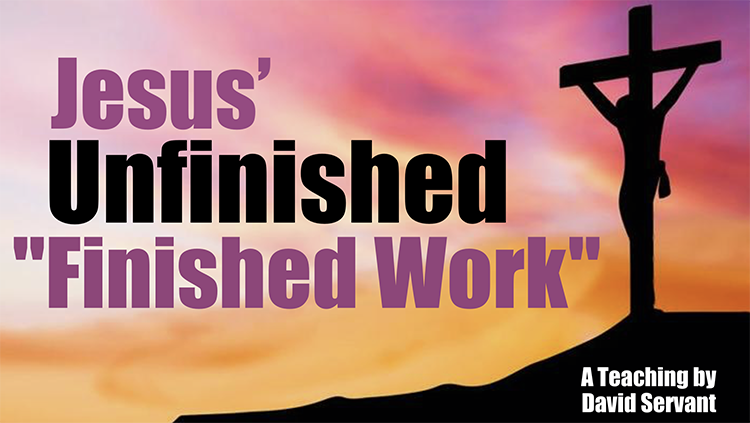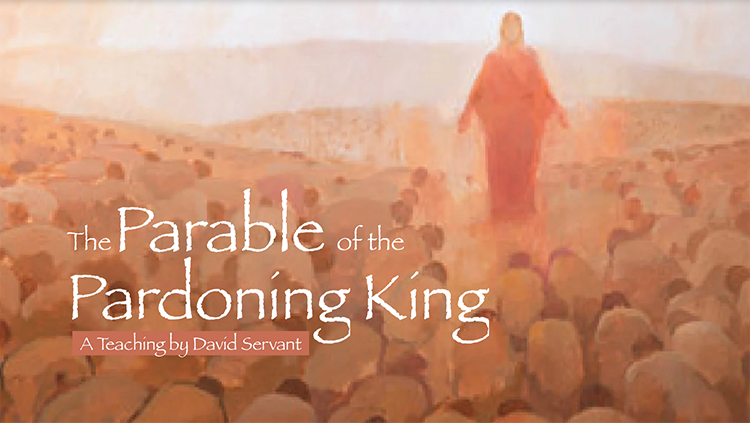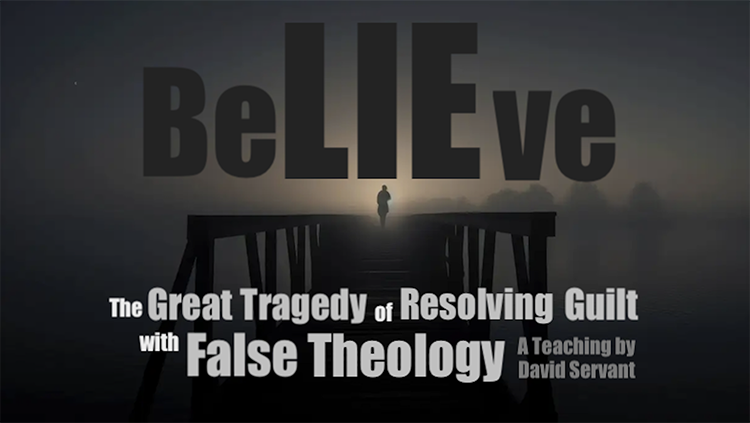
A man was walking down the road from Jerusalem to Jericho, and he fell among robbers, and they stripped him and beat him, and went away leaving him half dead.
And by chance, a Christian was driving down that road while listening to worship music. When he noticed the unconscious and bloody man lying on the roadside, he bound the evil spirits in Jesus’ name that were responsible for the brutal assault, and then he “decreed and declared” that the man would live and not die. Finally, he prayed that God would send someone to help the unfortunate man. It felt so good to be a Christian who understands spiritual authority and is full of compassion.









